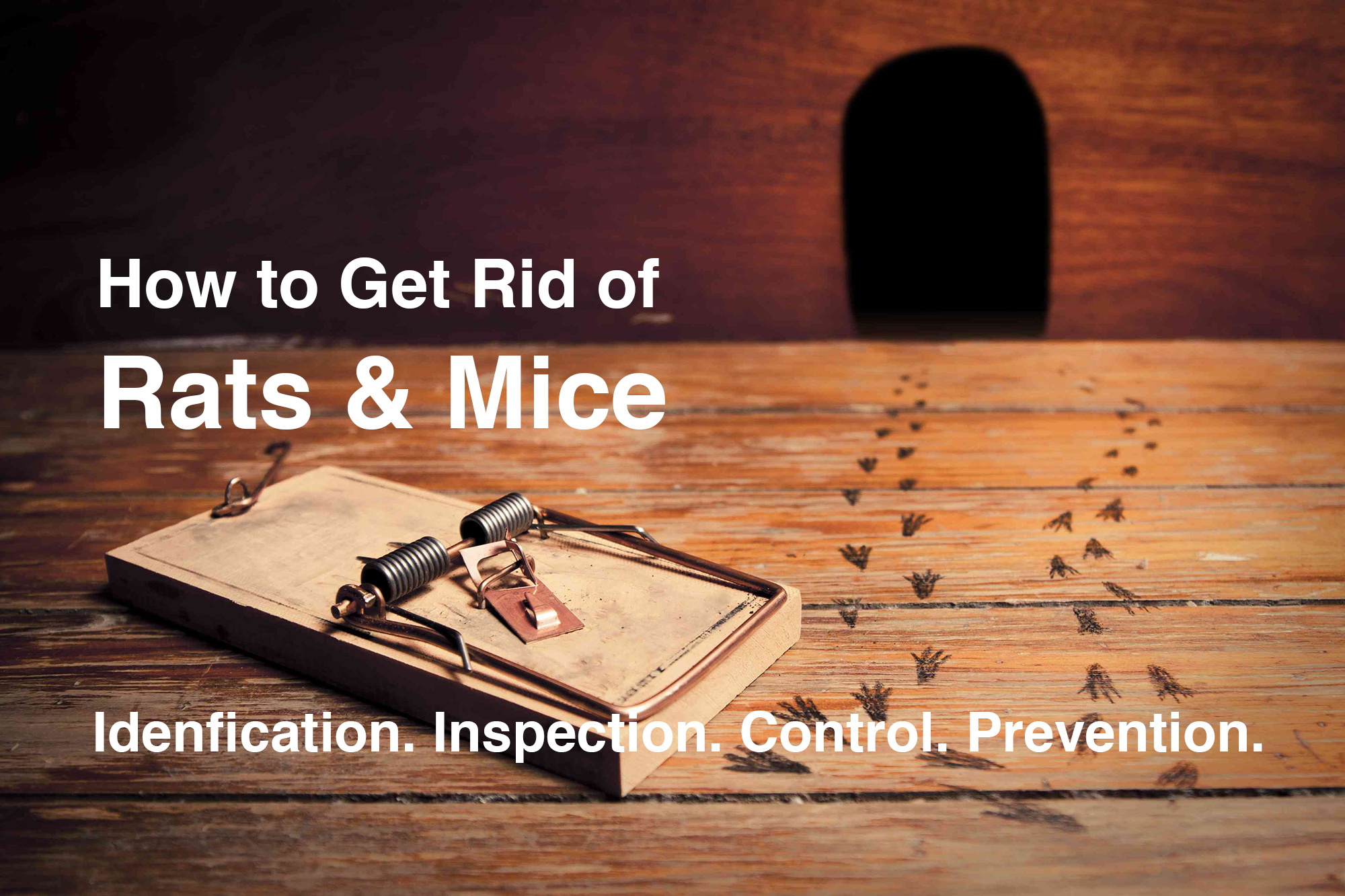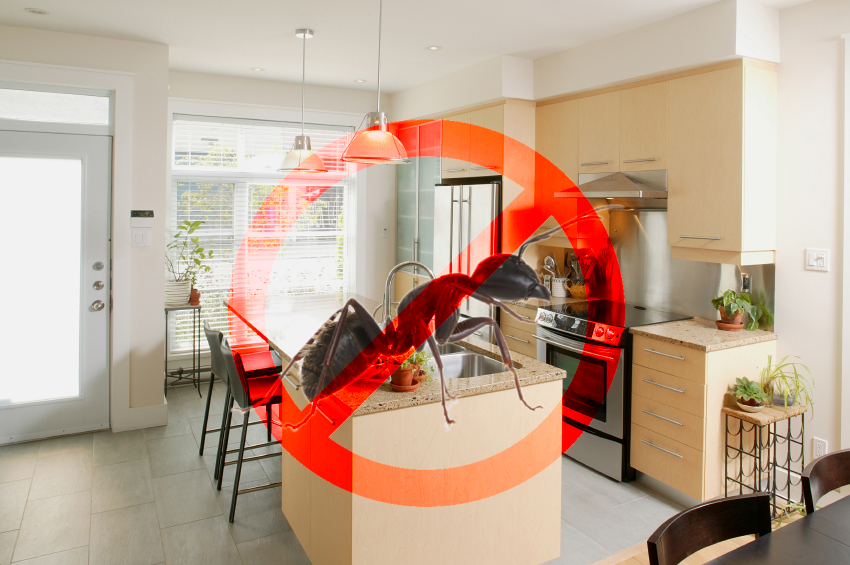READY TO GET STARTED?
REQUEST A FREE ESTIMATE
Fill out the form below or call (888) 466-7849 for a free, no-obligation estimate.

It’s that time again. Since their appearance in Georgia in 2009, Kuzdu (Stink) Bugs have become more and more prevalent among common household pest annoyances. Kudzu bugs are rarely seen throughout the warmer months but then make their appearance in the Fall as they’re trying to stay warm. As the temperatures drop, Kudzu bugs begin looking for places to take refuge to survive the cold winter months, which can be inside the cracks and crevices of your home.
Kudzu bugs closely resemble ladybugs, only they are a brown, olive-green color. They’re sometimes referred to as “stink bugs” for the not so pleasant smell they emit when threatened (or crushed). As their name suggests, these bugs are often found in and around kudzu, their preferred food source. They also have a taste for other vegetables, making them a threat to our crops in Southern states.
Since you can’t really control the kudzu bug populations around your home, there are some things you can do to prevent them from coming inside.

It’s a common question homeowners often ask us: Do I have rats or mice? Neither are good news but it’s important to know which type of rodent is inhabiting your home so you know how to properly get rid of them.
If you’ve had the misfortune to actually see a rodent in your home, a rat would be significantly larger than a mouse. There are 2 common types of house rats – the Norway Rat and the Roof Rat.
The Norway Rat is the largest of commensal rodents with small ears, a blunt nose, and a short tail relative to its head and body. Their droppings are up to 3/4 inch with blunt ends. They usually gnaw on wood but will also chew on electrical wiring, causing damage. Typically, they will reside outside your home in burrows or in your crawl space or basement, entering the structure at night for food and water.
The Roof Rat is usually darker in color than the Norway Rat and smaller, weighing less than a pound. They have large ears, a pointed nose, and a long tail. Their droppings are spindle shaped with pointed ends. Unlike Norway Rats, Roof Rats prefer to live higher above ground, making your attic an ideal environment.
Both are cautious and will be suspicious of any foreign objects or changes in their environment. This makes rodent control tricky as they usually will not approach a recently placed trap or bait box. Proper placement and patience is crucial.
Mice are smaller than rats and usually a lot less suspicious, making them easier to trap through routine pest control methods. They’ll eat mostly anything so your home likely has a food source that’s appealing to them. Mice breed often and offspring can reproduce in less than 6 weeks, so it’s important to catch them early before they multiply. Like rats, mice are nocturnal and mostly come out of their nest, looking for food, at night. They have the ability to fit into tiny spaces, needing only 1/4 inch gap or opening. Also like rats, mice will leave behind droppings (much smaller, rod-shaped, with pointed ends).
DIY Pest Control is not recommended for rodent control. Rats and mice have very specific habits, making them harder to catch and eradicate. Because rats are cautious by nature, any differences in their routine may cause them to move into other areas of your home. Depending on where they are nesting in your home and the type of rodents, an exterminator can then determine the best plan of attack; whether to use baits, traps, a combination of both, and the size of traps required. And because rats and mice multiply quickly, its essential that you call a pest control company at the first signs of infestation:
Because these rodents require only a tiny gap or space to enter your home, it’s essential that you implement good exclusion and sanitation practices. Every gap in your structure larger than 1/4 inch should be properly sealed, especially those around drainage pipes, vents, utility lines, doors & windows, etc. It’s also important to remove any available food sources, like trash cans, pet food, and bird feeders.
If you think you have a rat or mice infestation, call your local pest control company for an immediate inspection.

You’re not alone. Our phones have been ringing non-stop for the last few weeks with one common problem: ANTS IN THE KITCHEN. So you may be asking yourself: 1) Why are they here? 2) How can I get rid of them? 3) How can I keep them from coming back? 4) Should I call a pest control company?
Let’s start with why you’re suddenly seeing ants. Ants are always looking for food. Most likely, your kitchen has food. Simple. But maybe you don’t have any food laying around, easily accessible to the ants. No spills or messes left uncleaned. And still… those pesky ants are trailing around your sink or across the countertops. Why? They’re foraging for food and even the smallest supply (that you can’t even see) will keep them busy for days.
Next question: How to get rid of ants? Start with the basics. Clean any kitchen spills immediately. Wash dirty dishes after using them. Take the trash out daily. Don’t leave any unsealed food out. Kill any ants you see with a household pest product and clean the areas thoroughly. Try and find where the ants are coming in. Clean these areas too and seal any points of entry. Apply an ant bait product near entry points, preferably on the outside of your home so the ants don’t have to come back inside to eat the bait. The goal here is for the ants to take the bait back to their colony, therefore eliminating the source.
So now that you’ve eliminated the ants you’re seeing today, how can you keep them out tomorrow and the next day? The answer isn’t as simple. Ants are everywhere and they are constantly looking for food to feed their colony. You can eliminate one tribe and another will appear within days or weeks. This is why preventative pest control is so important and necessary.
If you have the time and patience for DIY pest control, you should repeat the above process regularly, in addition to treating the perimeter of your home with some type of granular pesticide. Or you can save time and your sanity and call a pest control company.
Our comprehensive pest control service covers ant control and so much more. Trained technicians will inspect your home quarterly for current pest infestations or entry points, treat and correct these issues, and implement treatment methods that will prevent future infestations. Our unique pest control program, NorPest Green, utilizes the latest professional products (all of which are completely environmentally, kid and pet friendly) and equipment, and comes with a pest-free guarantee.
For more information or to schedule a free pest inspection, visit our pest control services page or call (888) 466-7849. If you’re seeing a few ants now, most likely there are hundreds more that you can’t see. Our advice: act quickly before the ants takeover and move into other parts of your home.
Summer vacation is almost over and before we know it schools and universities will be back in session. While shopping for school supplies and a new wardrobe might take precedence over bed bug prevention, Northwest Exterminating, a pest control management company, encourages parents and students to also spend some time brushing up on bed bug prevention tips.
Bed bugs are excellent hitchhikers and thrive in heavily populated places. This makes classrooms and dorms the perfect settings for bed bugs to take up residence.
A study conducted by the National Pest Management Association (NPMA) and the University of Kentucky found that bed bug infestations are on the rise in many different types of dwellings, including school and college settings. According to the survey, 47 percent of respondents had treated for bed bugs in college dorms in 2013, while 41 percent had reported bed bug infestations in schools and daycare centers.
NPMA also advises college students to take steps to protect against bed bugs, including:
For more information on bed bugs, please visit our Bed Bug Control page.
By: Katherine King
“Busy as a bee” is an old saying. The phrase implies that you are constantly moving, being industrious, getting your work done, and focused in order to achieve a goal. Now let’s think about the insect in the phrase, the bee. Bees are very industrious little animals. They are constantly in search of places to get nectar, their food, which they can bring back to the colony in order to feed everyone else. The bees that remain inside the hive are busy working as well. They are expanding the size of the hive, caring for young, and producing the honey which is their main food source.
All of these things are wonderful to hear about, but not many people are comfortable when they see bees. They can be rather large, bright colored, loud, and have a reputation to sting. These factors may make you wary of bees and may make you think that you need to make a run for it. In actuality, bees would much rather leave you alone. They only sting as an absolute last resort. They can only sting one time in their life and then die shortly after they sting you.
There are some redeeming qualities and benefits of bees…their honey. Honey does not have an expiration date. If your honey hardens, you can gently heat it and it will soften back up. If you ever get a burn, you can put honey on it to protect the burn and help it heal. Honey has other medicinal properties that aren’t confirmed, but from a holistic stand-point they are great. I have personally had good results using honey to try and fight some major allergies. If that is why you are eating honey, be sure you buy local honey from your area so that you are exposed to the right pollens.
Although bees have positive benefits, we want to make sure you know that they can also be a threat if caution is not exercised. If you have bees in or around your property and would like them removed, call our Wildlife division at Northwest Exterminating for our bee removal service.